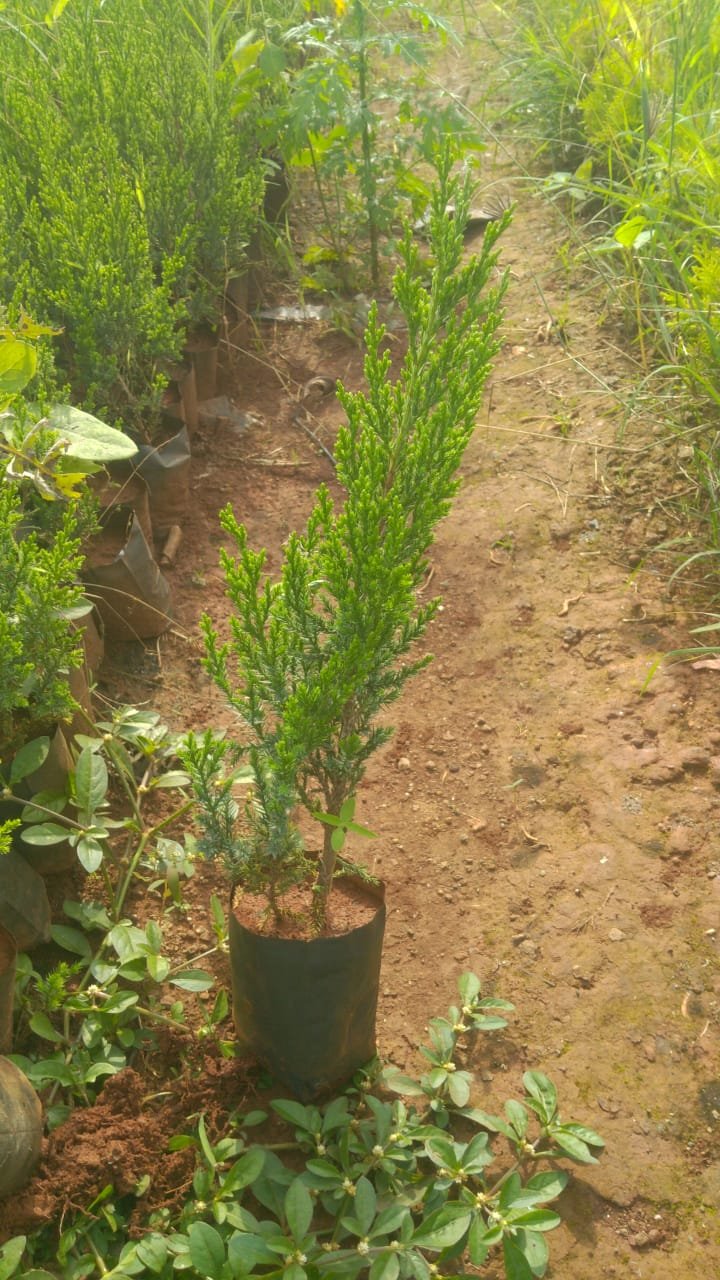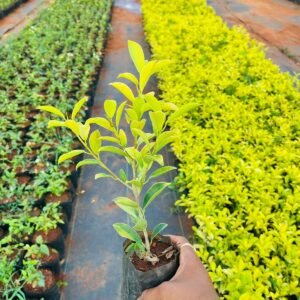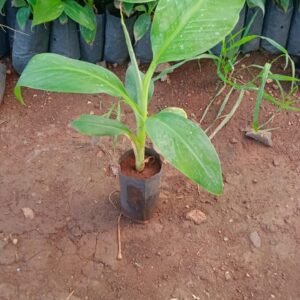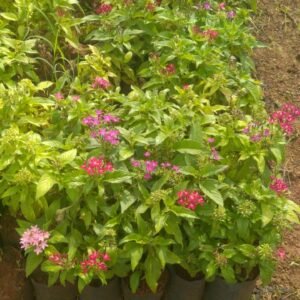The African Pine, scientifically known as Pinus patula, is an impressive and stately tree that adds a touch of elegance and resilience to any landscape. When cultivated as a 5×6 plant, it not only provides aesthetic beauty but also serves various ecological and practical purposes. This evergreen tree is particularly admired for its unique characteristics and adaptability, making it a popular choice for both ornamental and functional uses.
Characteristics and Appearance
The African Pine is distinguished by its tall stature and distinctive features:
- Foliage: The African Pine has long, needle-like leaves that typically grow in clusters of three. These needles are a vibrant green, creating a lush canopy that remains attractive throughout the year. The foliage can reach lengths of up to 6 inches, contributing to the tree’s overall graceful appearance.
- Growth Habit: As an evergreen tree, the African Pine can reach heights of 60 to 100 feet, making it a majestic addition to any landscape. When grown as a 5×6 plant, it is usually pruned to maintain a more compact size, making it suitable for smaller gardens or urban settings.
- Bark: The bark of the African Pine is rough and furrowed, typically displaying shades of brown and gray. This textured bark adds visual interest to the tree and offers protection against various environmental factors.
Care and Maintenance
Caring for the African Pine is relatively straightforward, making it an excellent choice for both novice and experienced gardeners. Here are some essential care tips:
- Light Requirements: The African Pine thrives in full sun, requiring at least 6 to 8 hours of direct sunlight each day. Adequate sunlight encourages healthy growth and vibrant foliage.
- Watering: While the African Pine is drought-tolerant once established, regular watering is essential during its early growth stages. Ensure that the soil is well-draining to prevent root rot. Water deeply but infrequently, allowing the top layer of soil to dry out between waterings.
- Soil: This tree prefers well-drained, sandy or loamy soils. It can tolerate a range of soil types but thrives best in soils with good drainage and moderate fertility.
- Fertilization: Applying a balanced fertilizer in the spring can help promote healthy growth. However, avoid over-fertilizing, as this can lead to excessive foliage growth at the expense of root development.
- Pruning: Regular pruning is beneficial to maintain the desired shape and size of the tree. Remove any dead or damaged branches and thin out overcrowded areas to encourage healthy airflow and light penetration.
Uses and Benefits
The African Pine offers several benefits and uses, making it a valuable addition to any garden or landscape:
- Ornamental Value: With its tall stature and attractive foliage, the African Pine serves as a striking focal point in gardens and parks. It can be used as a standalone specimen or planted in groups for a more dramatic effect.
- Windbreak and Privacy: Due to its dense growth habit, the African Pine can act as an effective windbreak and privacy screen. Planting several trees together can create a natural barrier against wind and noise.
- Habitat for Wildlife: The African Pine provides shelter and habitat for various bird species and other wildlife, contributing to biodiversity in the landscape.
- Environmental Benefits: As an evergreen tree, the African Pine helps improve air quality by absorbing carbon dioxide and releasing oxygen. Its presence also helps reduce soil erosion and stabilize the surrounding ecosystem.
Conclusion
The African Pine 5×6 plant is an impressive and versatile addition to any garden or landscape. With its striking appearance, resilience, and numerous environmental benefits, it is well-suited for both ornamental and practical purposes. Whether used as a focal point, a natural windbreak, or simply as part of a diverse planting scheme, the African Pine brings beauty and functionality to any space. Its ability to thrive in various conditions while providing habitat for wildlife makes it a cherished choice for gardeners and landscape designers alike. Adding an African Pine to your collection not only enhances your landscape but also contributes positively to the environment, making it a worthwhile investment for any plant enthusiast.






Reviews
There are no reviews yet.